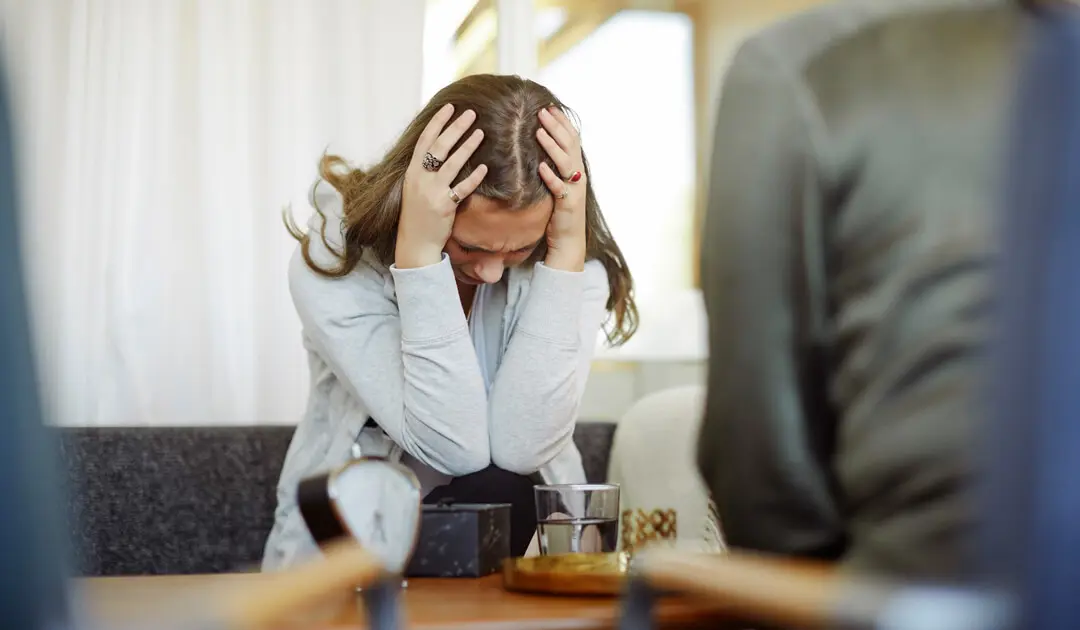Making Your Mental Health a Priority

What can you do to make your mental health a priority? We are getting to a point where we are better equipped to answer this question.
Organisations have been working tirelessly (some for over 70 years) to educate and raise awareness around mental health. Thanks to these organisations, we are developing our knowledge and understanding, support and services, as well as the language to be able to take responsibility for our mental health.
The World Health Organisation states that 1 in 4 of us will be affected by a mental health issue and sadly, stigma and discrimination still prevent many people getting the support that they are entitled to. The only way we can overcome this is to come together and look after ourselves and each other.
We envision a world in which mental health is valued, promoted and protected; where everyone has an equal opportunity to enjoy mental health and to exercise their human rights; and where everyone can access the mental health care they need." (World Health Organisation 2022) #WorldMentalHealthDay
With growing social and economic inequalities, the devastating impact of the pandemic, a cost of living crisis and a staggering 84 million people displaced worldwide, it really is time for us all to make mental health a global priority.
Cost of living crisis
As many as 65% of adults and 68% of young people (Mind 2021) reported that their mental health got worse during the pandemic, and these linger on as we now move towards a ‘cost of living’ crisis in the UK.
Not surprisingly, the hardest hit in terms of mental health are people living in households receiving benefits and from racialised communities which only serves to widen the social and economic gap.
With such an increase in demand, it is not surprising that ‘well-being’ has become big business as people realise that nothing matters more than how ‘well’ they feel, and they splash out on retreats, treatments, supplements, alternative therapies and other luxuries. That doesn’t mean that self-care practises must be expensive.
As I sit here writing this, I decided to walk down to a lake near my house, I come here often. The autumn air is fresh, but the sun is shining. Walking, nature and being present are all positive influences on the mental health and it didn’t cost me anything to do this other than the knowledge that it would impact me positively and the intention to pack a bag and walk here.
I invite you to reflect on what you can do. Firstly, you have to look after #1. We all have ‘mental health’ and prioritising that with our own self-care practise must be a priority. Next, think about what you can do to look out for the mental health of others, your family, friends, colleagues and people in your communities.
How do you look after yourself
How do you look after #1? Prevention is better than cure when it comes to looking after our mental health and a great place to start is visualising what is in your circle of control (Mental Health UK).
This circle of control adapted by Claire Newton illustrates where it is useful to focus our time and energy. The inner circle is in known as your circle of control and includes things which you have direct control over. The middle circle includes aspects that we have indirect control over and the outer circle includes things over which we have no control.
When we are no longer able to change a situation - we are challenged to change ourselves." - Viktor Frankl (Austrian neurologist and psychiatrist as well as a Holocaust survivor 1905-1997)
Taking an inventory of factors that are directly within your control and creating a self care plan is a good place to start.
Getting enough sleep, a healthy diet, moving, mindfulness and meditation, watching our thoughts, getting out in nature, understanding our emotions, talking to people, reducing alcohol and drug intake, staying hydrated, practising gratitude, socialising, music, yoga, breathing/ breathwork and being kind to ourselves and others are just some of the things that research tells us has a positive impact on wellbeing.
These are all factors within our control so once we have identified something, we can set an intention to make a healthy change.
From that intention, we can create a habit. Once it is habit, looking after our mental health is just ‘what we do’.
‘Play your part’ is a special news-style programme highlighting how we all have a role to play when it come to the future of mental health. We all have a unique contribution, and the message is that what we do counts. It may even prevent a mental health crisis.
I wonder how you can be a part of this important global conversation? It might just be that you talk to someone you are worried about. Mental Health UK have produced a conversation guide around talking to someone about mental health. A mobile friendly version can be downloaded here.
There is also an online community that is there to connect people so that they do not feel alone. Clic is a safe online space that is not only about providing tools to support but also has a focus on individuals within the community thriving! We can all use our social media accounts to share some of the information and resources.
What can you do in your workplace? If you work in education, health care or social care, how can you support people towards better mental health?
How can we look after vulnerable groups and ensure they get the knowledge and support they need? Are you a manager that can prioritise mental health is some way?
October 10th is an opportunity and a platform for all stakeholders in mental health to talk about what needs to be done and from here we can all #playourpart.